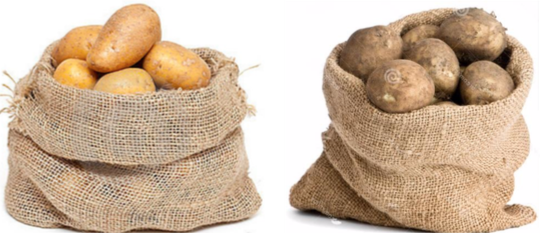Potato Sacks
Potato sacks come in different weight capacities (specified in pounds). Potatoes come in different weights. If you are given some number of potatoes of possibly different weights (specified in pounds), determine if it is possible to exactly fill a potato sack of a given capacity using some or all of the potatoes.
Input
The first line of input contains a single decimal integer P, (1≤P≤100), which is the number of data sets that follow. Each data set should be processed identically and independently.
Each data set consists of a single line of input containing 12 space separated positive integers. They are the data set number, K, followed by the capacity, CC, of the potato sack in pounds, (10≤C≤30),
followed by the weights of 10 potatoes in pounds. A potato will not weigh more than 3 pounds.
Output
For each data set there is a single line of output.
The output line consists of the data set number, K, followed by a single space, the word "YES" if the potato sack can be filled exactly to capacity C pounds or the word "NO" if it cannot be filled exactly.
样例输出
2
1 20 3 2 1 3 3 2 3 2 1 1
2 25 3 3 3 3 3 3 3 3 3 3
样例输出
1 YES
2 NO
idea: 简单来说,判断能否从这么多数中找能组成一个数

#include <iostream> #include <cstring> using namespace std; int n, ans, k; int a[12]; bool dfs(int i, int sum) { if(i==10) return sum==ans; if(dfs(i+1, sum)) return true; if(dfs(i+1, sum+a[i])) return true; return false; } int main() { cin >> n; for(int i=1;i<=n;i++) { cin >> k >> ans; for(int j=0;j<10;j++) { cin >> a[j]; } if(dfs(0, 0)) printf("%d YES\n",k); else printf("%d NO\n",k); } }
source: 2018 ICPC Greater New York Regional Contest





